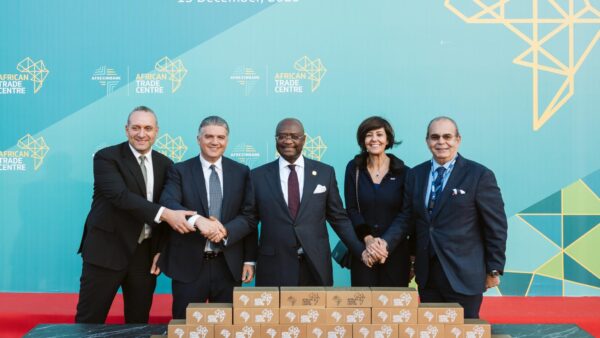Worried about its growing debts, Pakistan has unilaterally slashed the price quoted for a major rail upgrade scheme to be carried out by China by 25%, signalling tensions surrounding the $62bn China Pakistan Economic Corridor (CPEC).
A flagship CPEC project, the $8.2bn plan had been to upgrade the 1,870-km, colonial-era Karachi-to-Peshawar Line, Pakistan’s longest (also called Main Line 1, or ML1), which snakes its way from the coast to near the Khyber Pass.
Yesterday, however, Pakistan’s railways minister Sheikh Rasheed said the cost would be lowered to $6.2bn, and that he wanted it to come down even further, to $4.2bn, reports The Express Tribune.
How such dramatic reductions could be made were not detailed by the minister.
“Pakistan is a poor country that cannot afford huge burden of the loans,” Rasheed told reporters in Lahore. “Therefore, we have reduced the loan from China under CPEC for rail projects from $8.2bn to $6.2bn.”
He expressed continued support for CPEC, saying it was “like the backbone for Pakistan”, but warned, “our eyes and ears are open”.
Upgrading the dilapidated broad-gauge ML1 had been assigned “early harvest” status within the bigger CPEC scheme but, while other CPEC projects have been completed, this has been delayed, with Reuters reporting Pakistan balking at the cost.
Officials in the country had told Reuters they were considering a build-operate-transfer (BOT) deal to get the upgrade done, rather than a loan, as BOT would allow the operator to recoup its costs and reduce the debt accumulated by Pakistan.
Pakistan, under the new government of Prime Minister Imran Khan, has also asked Saudi Arabia to invest in ML1, along with a request for $2bn worth oil petroleum products on credit, reports PakistanToday.
Long a vocal ally of China, Pakistan joins other countries, including Thailand and Malaysia, in expressing concern over growing debt relating to Chinese-financed infrastructure schemes.
In July Malaysia’s new Prime Minister Mahathir Mohamad scrapped its planned $20bn East Coast Rail Link, which was to be financed and built by China.
Image: Rahim Yar Khan station, one of 184 stations along the Karachi-Peshawar Line in Pakistan (Safeer Ahmad/CC BY-SA 4.0/Wikimedia Commons)
Further Reading:






